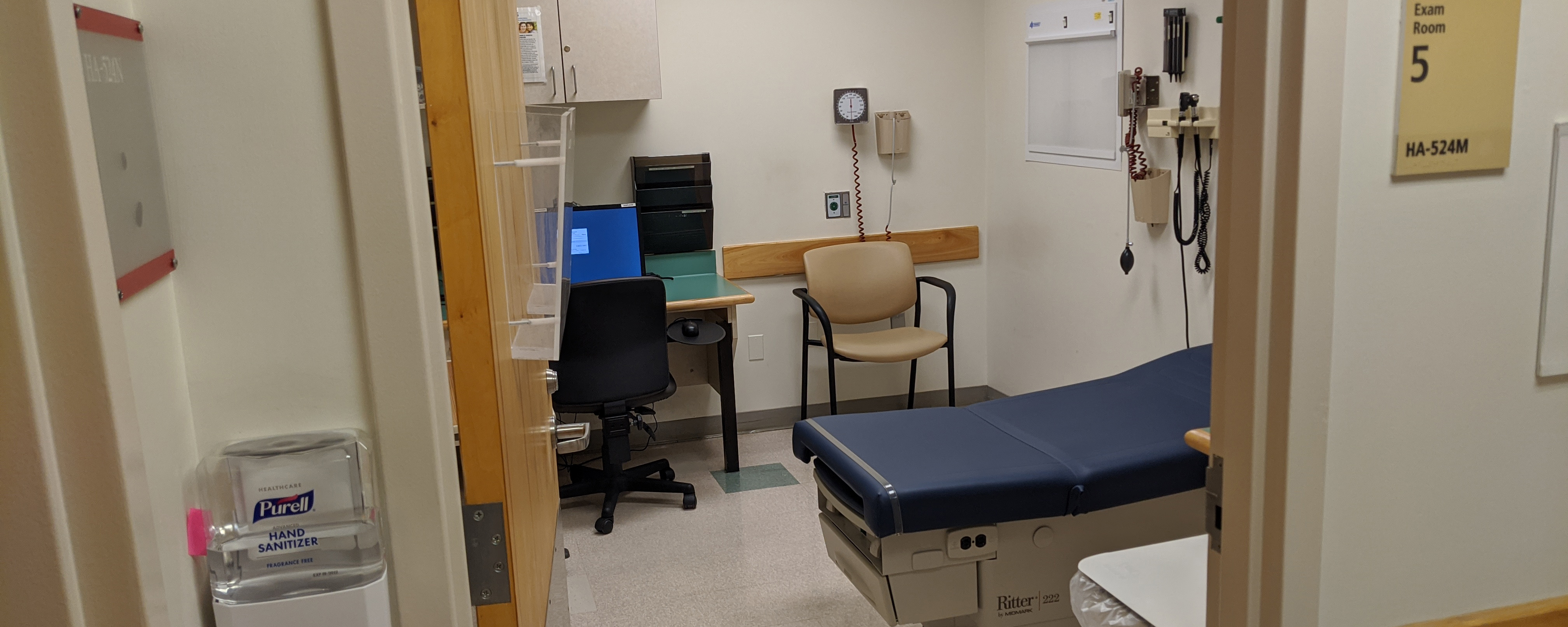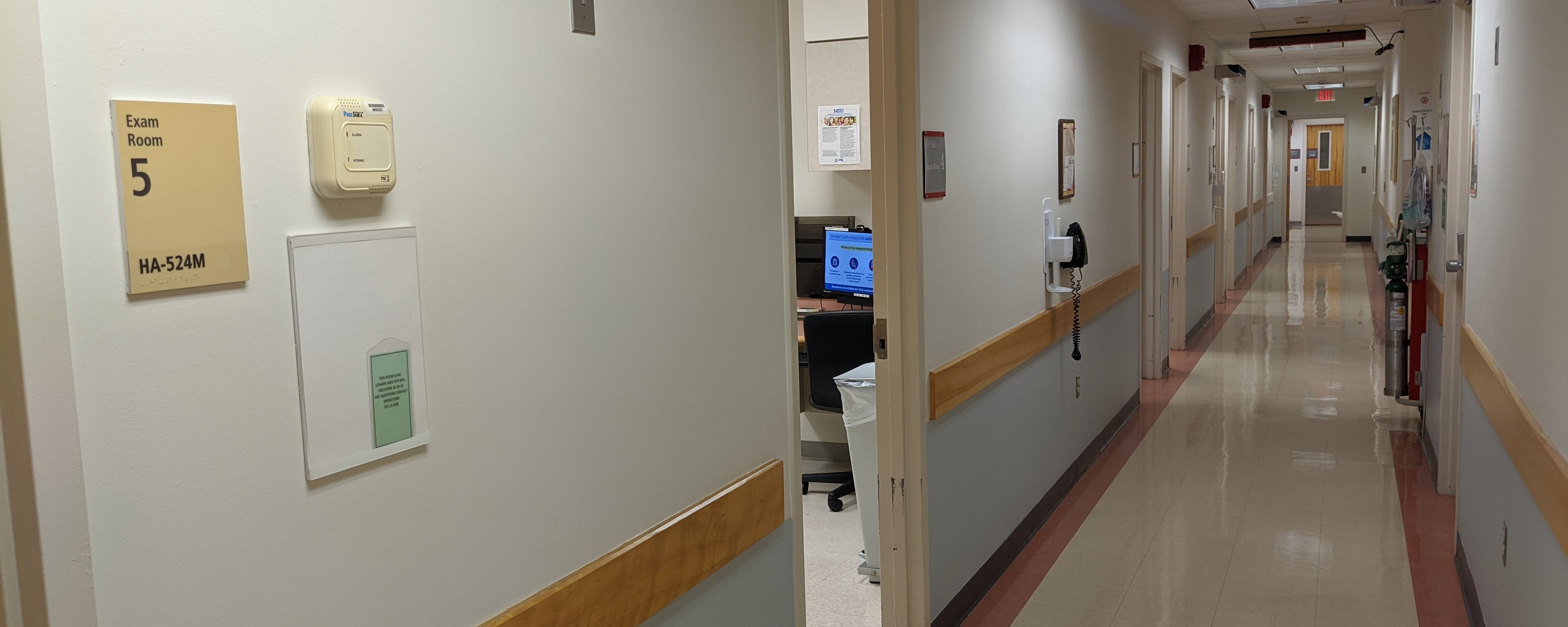Rotations
University Pulmonary Inpatient and Consultation Service
Trainees assume direct patient care responsibilities for patients admitted to the Pulmonary Medicine service. Under the guidance of the Attending Physician, the fellow will participate in all management decisions that involve patients for whom he or she assumes primary care. This rotation also involves consultations called by hospitalists, medical subspecialists, non-medical specialists, Cardiac/Cardiothoracic Surgery, Neurological, Trauma, Surgical ICUs, as well as Bone Marrow Unit and Organ Transplant Services. Fellows will develop expertise in flexible bronchoscopy (and its attendant skills) primarily during this rotation. More experience with advanced techniques will follow in the second and third years of training in their interventional pulmonary medicine rotations.
Memorial Pulmonary Consultation Service
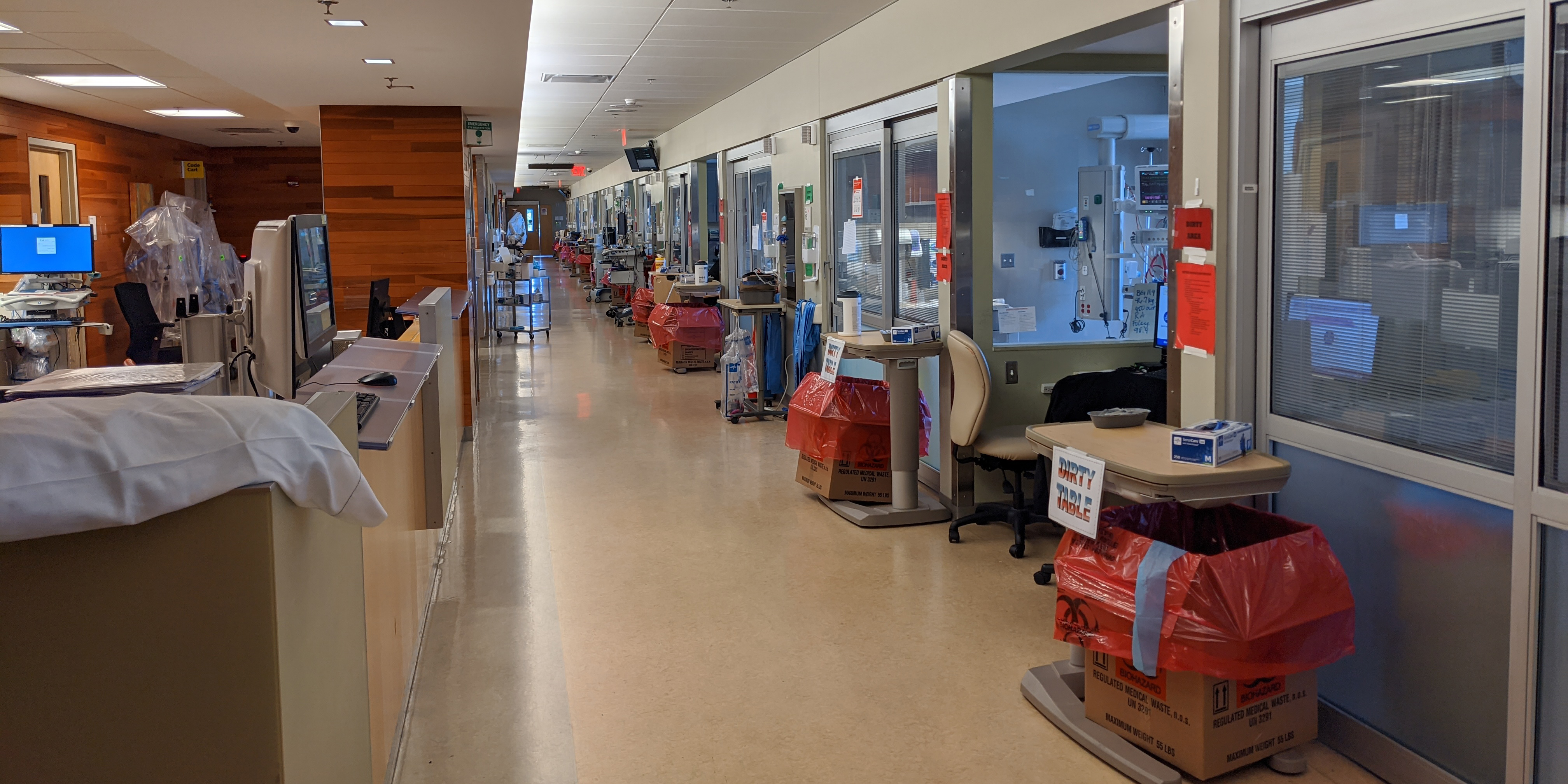 Fellows manage all in-patient consultations, including consultations on the OB/Gyn service, Orthopedic service, Surgical ICU, and Hospitalists. They are tasked with increased autonomy and primary decision making and will perform all necessary procedures as indicated.
Fellows manage all in-patient consultations, including consultations on the OB/Gyn service, Orthopedic service, Surgical ICU, and Hospitalists. They are tasked with increased autonomy and primary decision making and will perform all necessary procedures as indicated.
Interventional Pulmonary Service
 2nd and 3rd year fellows will rotate with the Interventional Pulmonary attending where they will participate in more advanced bronchoscopy procedures such as EBUS, rigid bronchoscopy, and navigational bronchoscopy. In addition, fellows will participate in other advanced procedures such as percutaneous tracheostomy, chest tube/Pigtail catheter placement, indwelling pleural catheters, and pleuroscopy.
2nd and 3rd year fellows will rotate with the Interventional Pulmonary attending where they will participate in more advanced bronchoscopy procedures such as EBUS, rigid bronchoscopy, and navigational bronchoscopy. In addition, fellows will participate in other advanced procedures such as percutaneous tracheostomy, chest tube/Pigtail catheter placement, indwelling pleural catheters, and pleuroscopy.Critical Care Rotations
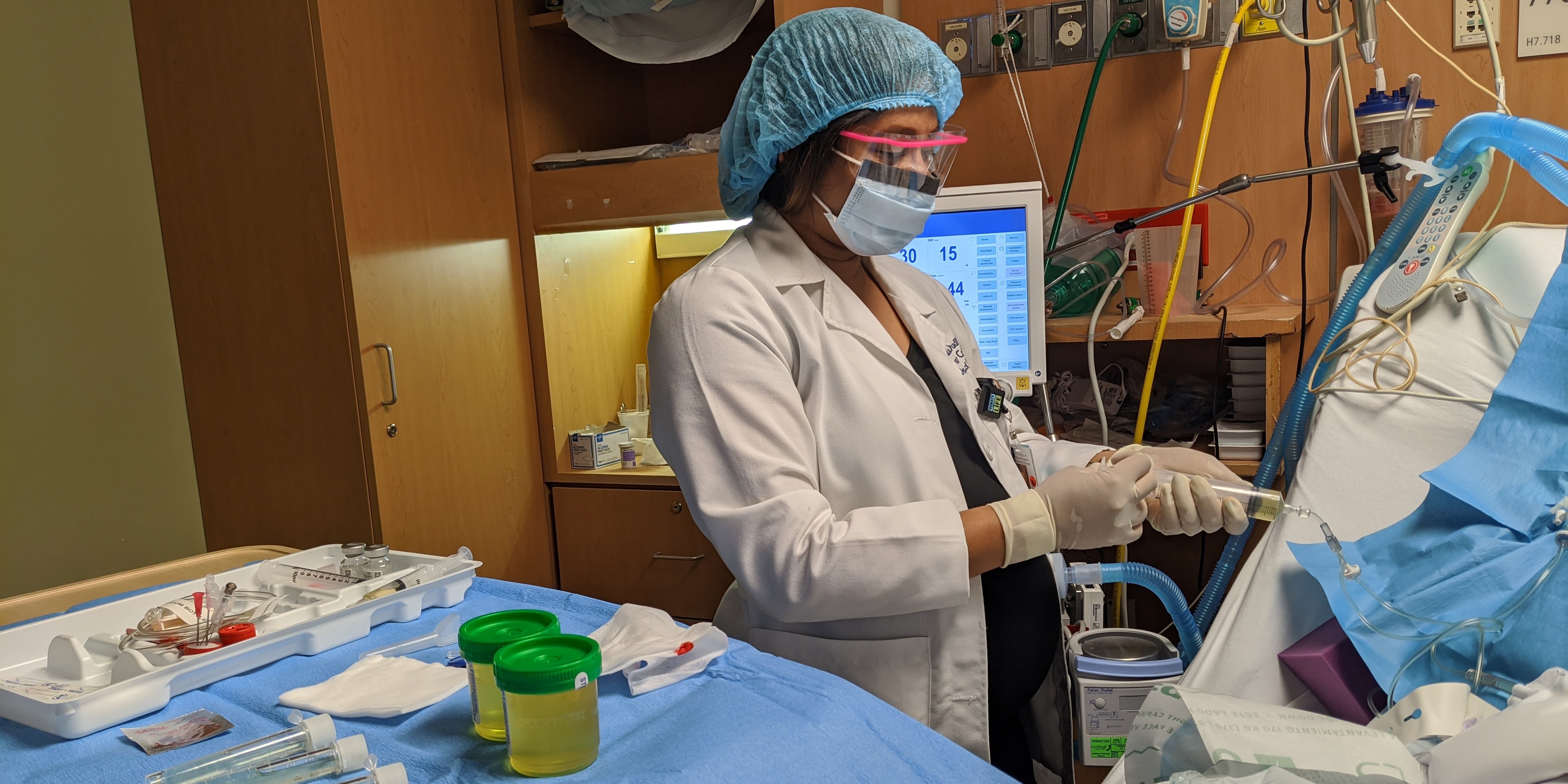 The fellow assumes primary responsibility along with an Attending Physician in the care of critically ill medical patients in one of the three medical intensive care units. The fellow is responsible for directly overseeing and acting as a central resource to the medical housestaff and NP/PA providers. Throughout training, fellows will be given increasing responsibilities such that 3rd year fellows will be expected to manage the ICU under attending's supervision. The fellow is also responsible for procedures such as placement of hemodialysis catheters, Swan-Ganz catheters, bronchoscopy, and endotracheal intubation. Fellows will have the opportunity to learn and perform point of care thoracic, cardiac and abdominal ultrasound. They also oversee and instruct the housestaff on placement of arterial lines, thoracentesis, paracentesis, lumbar punctures, and central venous catheters.
The fellow assumes primary responsibility along with an Attending Physician in the care of critically ill medical patients in one of the three medical intensive care units. The fellow is responsible for directly overseeing and acting as a central resource to the medical housestaff and NP/PA providers. Throughout training, fellows will be given increasing responsibilities such that 3rd year fellows will be expected to manage the ICU under attending's supervision. The fellow is also responsible for procedures such as placement of hemodialysis catheters, Swan-Ganz catheters, bronchoscopy, and endotracheal intubation. Fellows will have the opportunity to learn and perform point of care thoracic, cardiac and abdominal ultrasound. They also oversee and instruct the housestaff on placement of arterial lines, thoracentesis, paracentesis, lumbar punctures, and central venous catheters.
Lung & Allergy Center - Outpatient Clinic
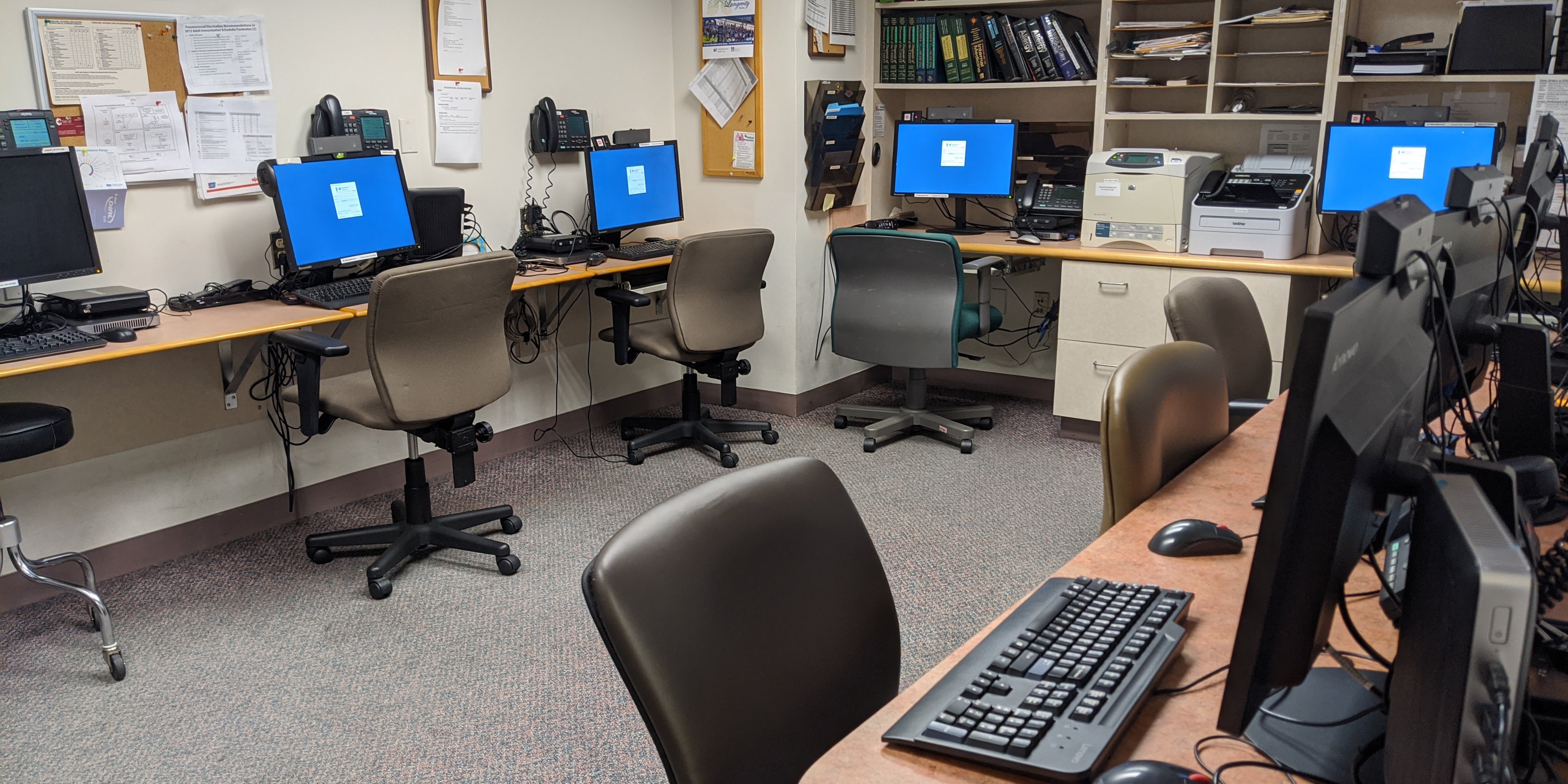 The center is a very active outpatient clinic with over 14,000 visits per year. This setting serves as the fellow's longitudinal outpatient experience over the 3 years. Fellows will have a half-day clinic each week consisting of 1-2 new patients and 2-5 follow-up visits of fellowship. For each clinic session, the fellow is precepted by an attending physician whose time is specifically dedicated to reviewing data and radiographs, confirming the trainee's findings, and discussing management plans.
The center is a very active outpatient clinic with over 14,000 visits per year. This setting serves as the fellow's longitudinal outpatient experience over the 3 years. Fellows will have a half-day clinic each week consisting of 1-2 new patients and 2-5 follow-up visits of fellowship. For each clinic session, the fellow is precepted by an attending physician whose time is specifically dedicated to reviewing data and radiographs, confirming the trainee's findings, and discussing management plans.
